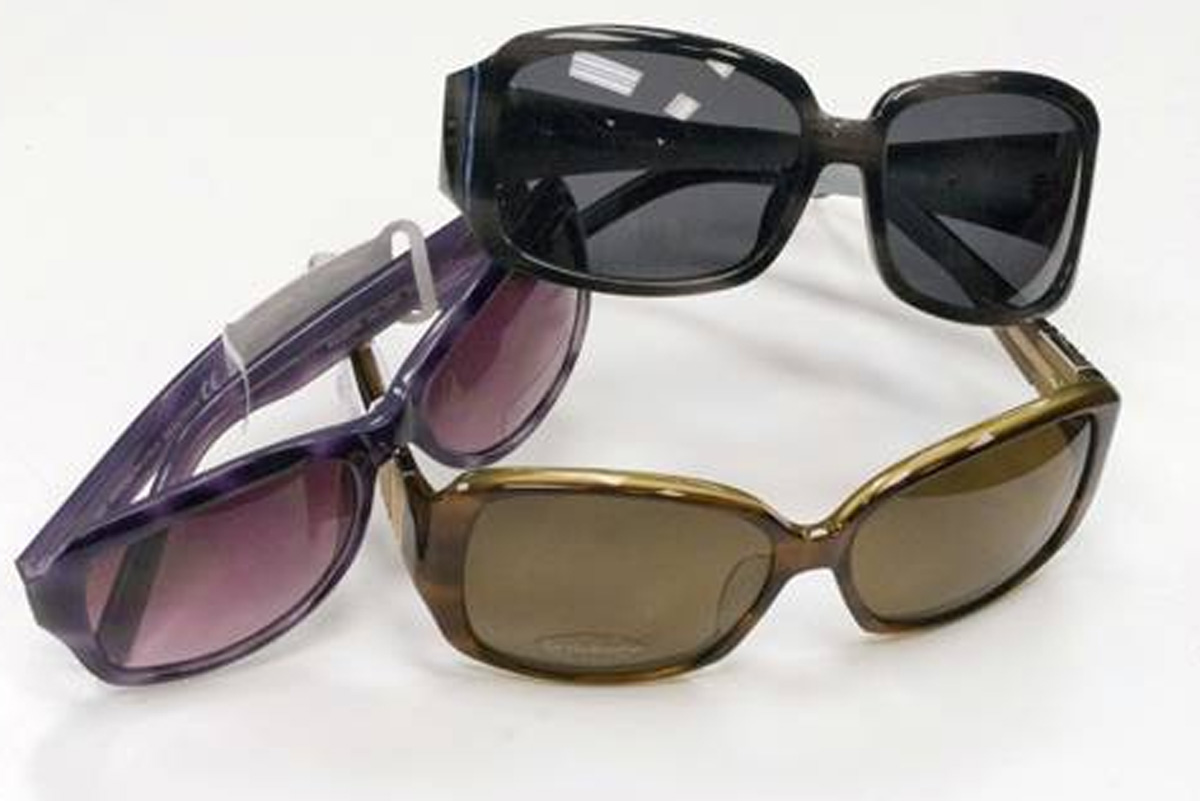We often hear about the dangers of ultraviolet (UV) light for the skin, but what about UV light bad for eyes? The truth is that UV light damage to eyes is just as harmful, and long-term exposure can lead to serious vision problems. The damage caused by UV radiation isn’t just limited to the skin around the eyes; it can penetrate deeper, affecting the internal structures of your eyes and ultimately leading to vision loss.
Before you head out into the sun, it’s important to understand the risks of UV eyes exposure and take proper precautions to protect your vision.
Cataracts: A Common Result of UV Exposure
Is UV light bad for your eyes? Yes—one of the most significant risks is the development of cataracts. Cataracts occur when the eye’s natural lens becomes clouded, making it harder to see clearly. According to the World Health Organization (WHO), UV exposure contributes to an estimated 20% of cataract cases globally. Cataracts are the leading cause of treatable blindness, and protecting your eyes from UV light can help reduce the risk of developing them.
Macular Degeneration and UV Damage
Another serious eye condition linked to UV exposure is macular degeneration, or Age-related Macular Degeneration (AMD). Macular degeneration prevention begins with protecting your eyes from UV light. The macula, located at the center of the retina, is responsible for sharp central vision, and damage to this area leads to vision loss. While total blindness typically doesn’t result from AMD, central vision is impaired, which can seriously affect day-to-day life. Studies have shown that UV light damage to eyes is a significant contributing factor to AMD.
Eyelid Cancer: A Hidden Risk from UV Radiation
Did you know that eyelid cancer is also linked to UV exposure? According to the Skin Cancer Foundation, cancers of the eyelid account for 5-10% of all skin cancers. UV exposure to the delicate skin around the eyes increases the risk of developing basal cell carcinoma, squamous cell carcinoma, and melanoma. These cancers can spread to the eyes and surrounding areas, causing significant damage to vision and facial appearance. Early diagnosis and treatment are crucial, so it’s essential to monitor for warning signs such as persistent swelling, redness, or lesions on the eyelids.
Keratitis: The Danger of UV Sunburn on Your Eyes
What does UV light feel like when it damages your eyes? In some cases, it results in keratitis, or corneal sunburn, which occurs when UV radiation burns the cornea—the part of the eye that helps focus light onto the retina. UV damage to eyes from activities like skiing or using tanning beds can cause temporary vision loss and intense pain. This is a serious risk for individuals who spend extended periods in high-altitude snowy environments where sunlight reflects off the snow and into the eyes.
How to Protect Your Eyes from UV Light
Now that you know the dangers, you might be wondering how to protect eyes from blue light or UV light. The best way to prevent UV light damage to eyes is by wearing sunglasses that block 100% of UV rays. Opt for larger frames or wraparound styles for better coverage, and consider wearing a wide-brimmed hat to shield your eyes from additional light exposure.
Remember that UV light is not only a problem in the summer—UV light bad for eyes year-round, even on cloudy days, so it’s essential to protect your eyes whenever you’re outside. Additionally, scheduling regular eye exams ensures that any UV eyes damage is detected early, allowing for effective treatment and vision preservation.
Schedule an Appointment for Comprehensive Eye Care
Your eyes deserve protection from the harmful effects of UV light. Make sure to schedule an appointment with your eye doctor to discuss how to safeguard your vision from UV damage and to stay ahead of potential vision problems. Regular checkups and proper sun protection will help preserve your eyesight for years to come.
